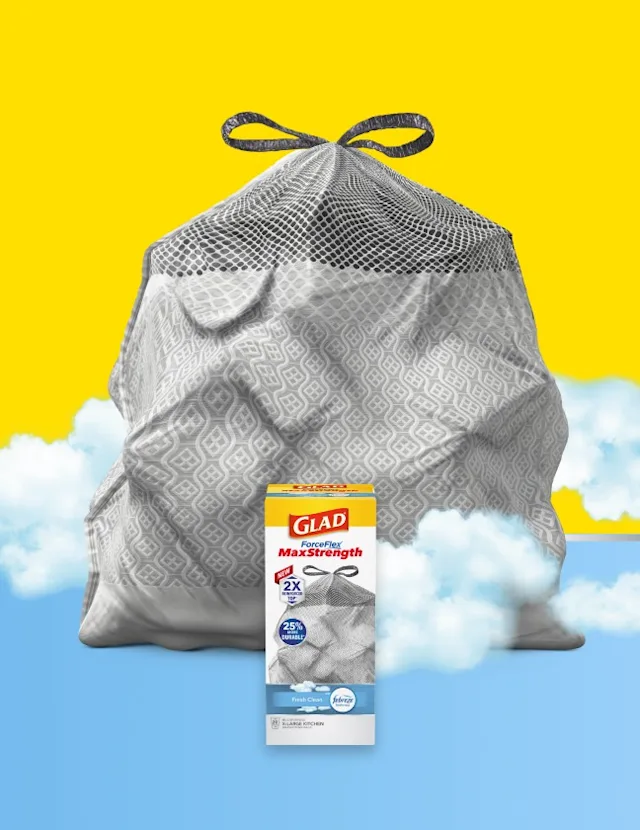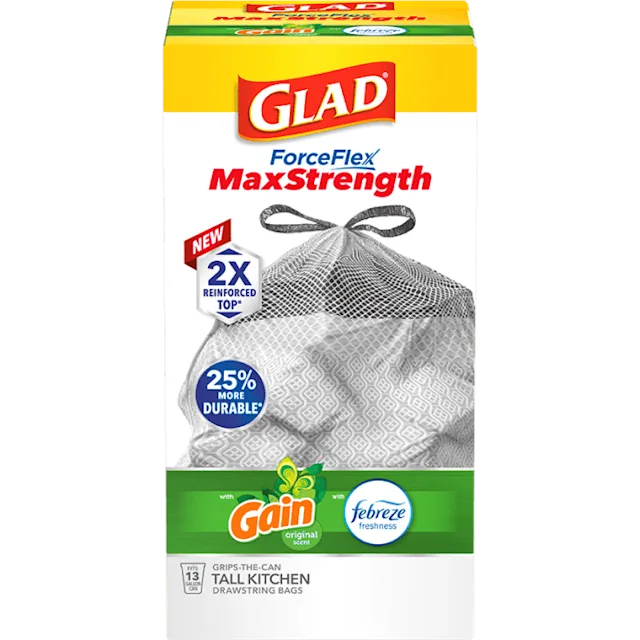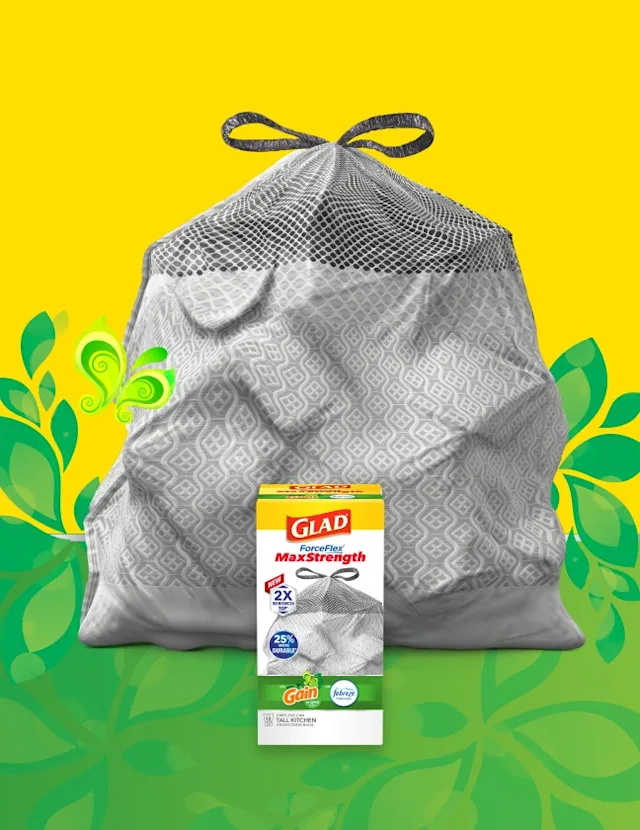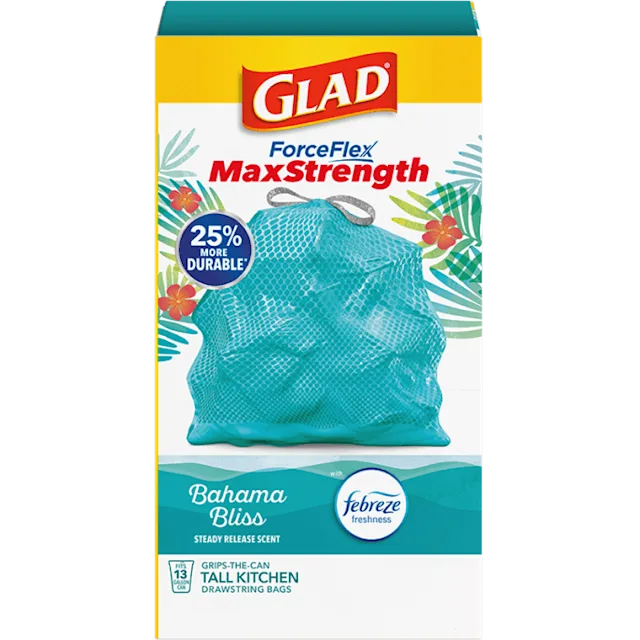- Lemons add a bright, zesty punch to a variety of dishes, but without proper storage, they won’t stay fresh for long. So, how long do lemons last? The good news is that with the right storage—whether in the fridge or freezer — it’s easy to extend their freshness. Follow this guide to ensure you always have vibrant, flavorful lemons ready to use.
How to Store Lemons in the Fridge
Should lemons be refrigerated? That answer is simple—yes! Refrigeration is the best way to extend the shelf life of lemons, especially if you want to keep them fresh for more than a week.
- Whole lemons: Store them in a food-safe plastic bag, such as a Glad® Storage Zipper Gallon Bag or a Glad® FLEX'N SEAL™ Quart Bag . Squeeze out excess air before sealing to help retain moisture. Properly stored, whole lemons can stay juicy and flavorful for up to three weeks in the fridge.
- Lemon wedges or slices: Cut pieces should be placed in a container and covered with Glad™ Press’N Seal® Cling Film.
- For best results, store both whole and cut lemons in the crisper drawer to maintain maximum freshness.
Can You Freeze Lemons?
Absolutely! Freezing lemons is a great way to preserve their bright flavor, keeping them fresh for up to four months.
- Whole lemons: Wash thoroughly, then store them in a food-safe plastic bag, such as a Glad® FLEX'N SEAL™ Freezer Bag. Remove as much air as possible before sealing to prevent freezer burn.
- Lemon slices: To keep them from sticking together, first freeze the slices on a parchment-lined tray. Once frozen, transfer them to a freezer bag like a Glad® FLEX'N SEAL™ Freezer Bag, removing excess air before sealing. These frozen slices are perfect for adding a quick burst of citrus to drinks or dishes.
How to Defrost Lemons
Thawing frozen lemons is just as easy as freezing them:
- Microwave: Heat for 15–20 seconds for quick defrosting.
- Room-temperature water: Soak lemons for 10–15 minutes to gradually bring them back to their natural texture.
How Long Do Lemons Last?
Here’s a quick reference guide to lemon storage:
- Whole lemons in the fridge: Up to 21 days
- Cut lemons in the fridge: 3–4 days
- Whole lemons in the freezer: Up to 4 months
- Cut lemons in the freezer: Up to 4 months
With these easy storage tips, you can keep lemons fresh and flavorful for weeks—or even months—so you’ll always have the perfect citrus boost on hand!
How to Store Lemons On the Counter?
For best results, wash lemons with cool water and thoroughly dry them as soon as you bring them home. If you want to leave lemons out at room temperature, it’s best to keep them in a cool spot. While lemons typically last for a few days on a counter, they can last for up to 21 days in the fridge.
How to Tell if Lemons Are Spoiled & How to Dispose
A lemon has gone bad if it has discolored, mushy, or slimy spots, develops mold or becomes hard and shriveled.
To avoid unpleasant odors, consider composting spoiled lemons in Glad™ Compostable Bags, or using Glad™ Trash Bags to dispose of it in an outdoor trash bin. If you choose to compost, be sure to follow local guidelines.
Need More Info?
Looking for more tips on how to store food and keep food fresh? Head to Glad’s collection of Protection Pointers articles to help you get more out of your fridge, freezer and pantry.
TRASH BAGS FOR YOUR TOUGHEST JOBS— IN AND OUT OF THE KITCHEN


Please enable cookies to shop


Please enable cookies to shop


Please enable cookies to shop


Please enable cookies to shop

















